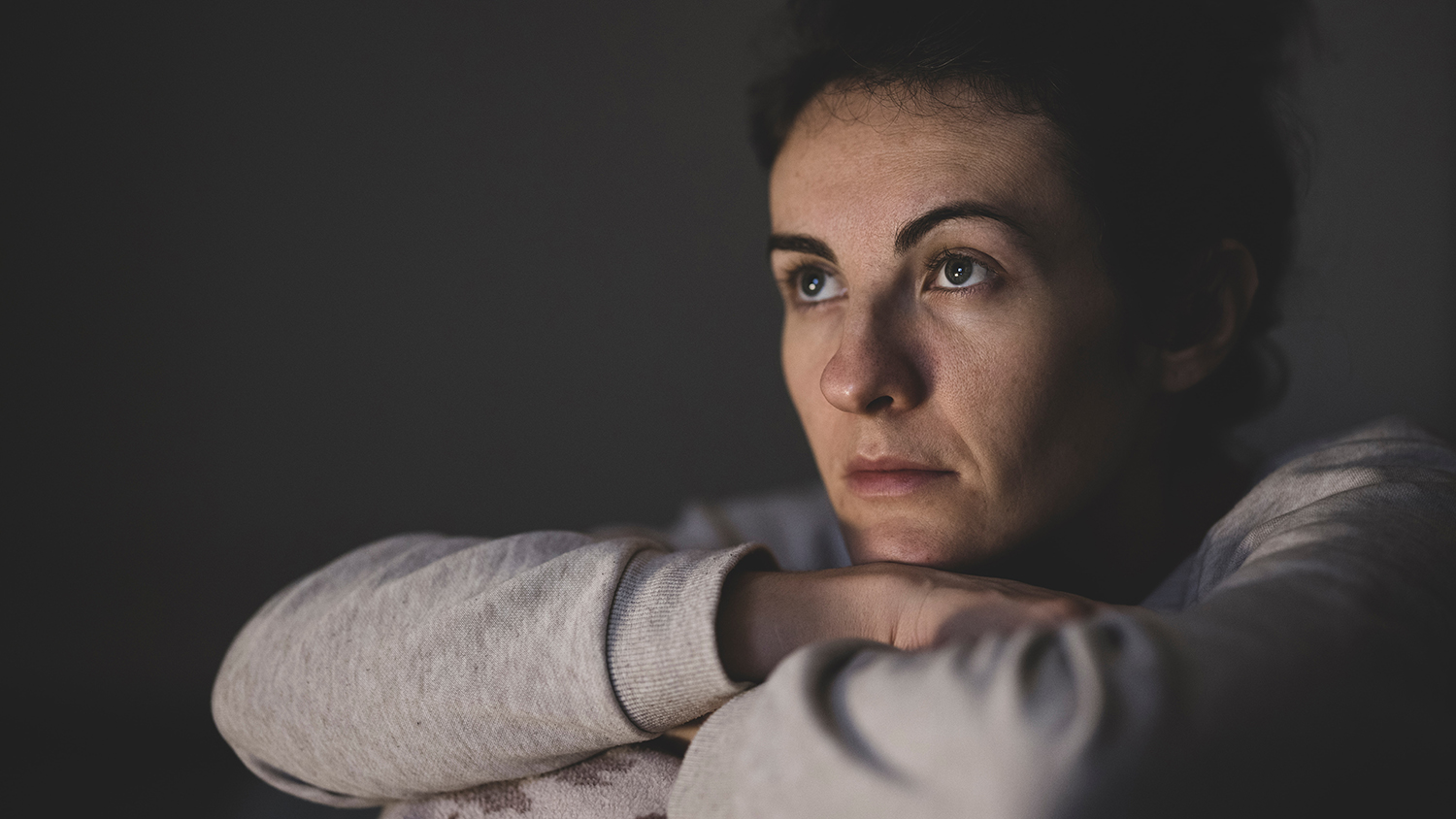
20 October 2022
Anna Springett, an executive and team coach, coach supervisor, and psychologist, has been the lead for our November Spotlight on menopause and the workplace. In this post, Anna shares her own experience of menopause and asks why there is so little awareness of a significant health issue that affects us all.
Most people who are going to experience menopause will do so between the ages of 45 and 55. If you are someone with no ovaries, or if you are younger than this generic age bracket, or if you have not yet been aware of someone close to you for whom menopause is a reality, then it is quite likely that menopause is not on your radar. Kathryn Colas (‘the original menopause pioneer’, from the Kathryn Colas Academy) spoke with me about how it is rare for anyone to be interested in understanding menopause unless they are personally affected. Listen to her talking about having a better conversation about menopause in the workplace.
This was certainly true for me. With the benefit of hindsight, it is quite likely that I had been experiencing peri-menopausal symptoms for a few years before I recognised them. I did not fit the age-bracket, had not been in conversation with anyone about menopause, and was living through the pandemic years. Tiredness, loss of energy and motivation, and an overall ‘lower mood’ was par for the course in 2020 and 2021.
The idea of being peri-menopausal did not occur to me until I started to experience the one symptom that I was aware of which could not be explained by anything else – hot flushes. It was blankets-on-blankets-off all night, and soon impacted me multiple times throughout the day. I can pinpoint the moment when it dawned on me, sitting in a coffee shop with a friend after lockdown had eased, and how many times my winter coat was taken on and off in that hour: Might this be the beginnings of menopause?
And so, as for many who went before me, I started my research. Davina McCall’s documentary, Sex, Myths and the Menopause, was the obvious first port of call for me, as at that stage this was the only place I knew where to look, and I was shocked, enlightened, and hungry to know more. Why is this not taught at school? How is this not central in our general education? If I had known more, the previous two years might have looked very different for me.
With the percentage of females (of the total population) in the United Kingdom reported at 51 percent in 2021, according to the World Bank collection of development indicators, how can this not be relevant to all of us? All of us, in whatever our walk of life, will have family members, colleagues or friends who have ovaries, and who therefore will at some point experience some version of peri- and menopausal symptoms. Simply put, this affects us all.
With this mindset, I started to connect with fellow professionals and colleagues who were ahead of me in this area: menopause coaches, trainers, and pioneers. I openly shared my own journey with anyone who was interested to listen. My personal lived experience was a complete return to ‘normal’ after only a few weeks on hormone replacement therapy, but before that, I had forgotten what it felt like to be me, and not to be exhausted all of the time.
And so, this EMCC UK Spotlight topic for November came into being. If we work with people – whether as coaches, mentors, team coaches, supervisors, or leaders – menopause will show up in our work, whether we know it or not. It will show up in ourselves, our clients, our own and our client’s teams, and in the organisations and systems we work in. How can we afford not to be informed?
The Spotlight on menopause and the workplace will be available on 31 October
Image: engin akyurt on Unsplash